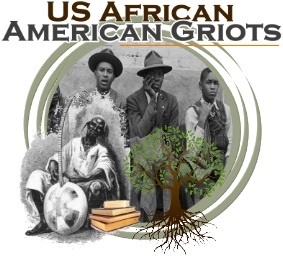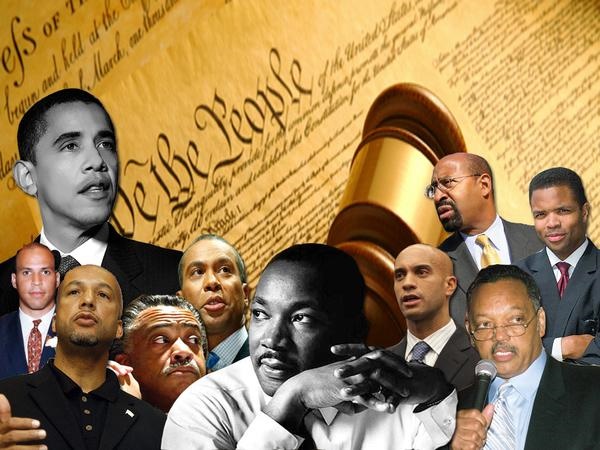 |
Telling Our Story One Page at a Time "I prayed for freedom for 20 years, but received no answer until I prayed with my legs." Frederick Douglass |
 |
| Home | Obituaries |
Cemeteries |
Census |
Family Records News Clippings |
Military | Probate Records | Photos | Vital Records | Slavery | Contact AAG |
The book "The African American Griot" is not affiliated with the African American Griots, US African American Griots or the USGenWeb Special Project |
||||||||||
|
The Military Career of William Hall Contributed by: Larry Hall
NOTE- As compiler of this history, I Larry Hall give your Black History organization permission to publish this material which is for the most part documented. If you contemplate material changes please first consult with me.
This remarkable story though relatively unknown, is true and should be given widespread distribution. I am a retired broadcast journalist, and a descendant of the Underground Railroad. I am seeking a preferably Black writer to develop my research into a book. I am also searching for a television producer and organization that will put this on film.
I lecture on Black History in South Central Ontario and recognize the need for the stories of Black heroes to be made public, to serve to show people of African descent helped to shape our modern world.
The following is the result of extensive research carried out by Larry Hall: 30 Crossley Drive PORT HOPE, Ont. CANADA I1a 314 email: lareve@sympatico.ca
William Hall, the son of fugitives who escaped from slavery in Maryland in 1814, fought for three countries in four wars and was the first Black man to win the then British Empire's most prestigious medal for valour, the Victoria Cross.
Jacob and Lucinda Hall, who had been brought to Nova Scotia aboard a British frigate, saw the birth of their son William in 1827 in the tiny seaside community of Horton's Bluff. William grew into a sturdy youth renowned for his remarkable physical strength. Like many of his contemporaries, went to sea on one of the famous Nova Scotia trading schooners while still in his early teens.
While on stopover in Boston he joined the United States Nave and afrter a period of training was assigned to the battleship USS Ohio. Hall saw service off the coast of California near the end of the United States. Mexican war. He was paid off after 18 months and following a period on privately owned merchant ships he joined the Royal Navy during a stop-over in Liverpool in 1852. Two years later Hall, aboard H.M.S. Rodney as a gunner and gunner and member of his ship's naval brigade, was decorated three times for his bravery in the Crimean war.
The Indian mutiny broke out in 1857. William Hall was serving aboard HMS Shannon in far Eastern waters when the conflict began. Again the Black Nova Scotia seaman found himself part of a Naval Brigade involved in an operation on land, this time utilizing an elephant train to pull Shannon's naval guns and supplies across the plains of Northern India, fighting rebels along the way. The objective was the relief of the besieged English colonial residency long under attack in the heavily fortified temple city of Lucknow by a strong force of rebel sepoys. In a pivotal action British forces, after great loss of life, finally stormed a key stronghold through a gap in the great stone wall created by Hall's 24 pounder. Miraculously Seaman Hall, the last man left standing beside his gun escaped unhurt. He was recommended for the Victorian Cross by Shannon's Captian Peel. The medal was presented with a proper Royal Navy ceremony in Queenston Harbour, Ireland in 1859.
William Hall left the Royal Navy briefly in 1862 to serve on a British manned and commanded gunboat in the service of the Imperial Emperor of China who was vexed over the loss of tax revenues because of pirates and smugglers operating along the nation's river system. Hall experienced two years of hard and fruitless service before returning to England and rejoining the Royal Navy. Hall, having attained the rank of Petty Officer, retired in 1876 after nearly 20 years service. He was given a certificate of good conduct to accompany his Crimean medal with clasps for Inkerman and Sevastapol, the Turkish medal for service in the Crimea, the Indian mutiny medal with bars for Lucknow and the relief of Lucknow and of course his Victoria Cross.
It was in July of 1876, nine years after confederation and the creation of The Dominion of Canada that William Hall, now 50 years of age, arrived back in Nova Scotia where he bought a small farm overlooking the Midas Basin. He recieved final public recognition of 1901 when he was presented to the Duke of Cornwall and York, later to become King George V. The Duke, on a state visit to Halifax, took note of Hall's Victoria Cross among the old warrior's many decorations. Three years later William Hall died and was buried without military recognition, in a tiny country cemetery that soon became neglected and overgrown. The hero however was not forgotten. The Royal Canadian Legion moved his remains to a place of honour beneath a handsome fieldstone cairn in the nearby town of Hansport in 1945. A bronze plaque commemorates the birth, the life and death of William Hall, the first and perhaps the greatest of the many African - Canadian fighting men.
Larry Hall |
William Hall, the first Black man to win the then British Empire's most prestigious medal for valour, the Victoria Cross
